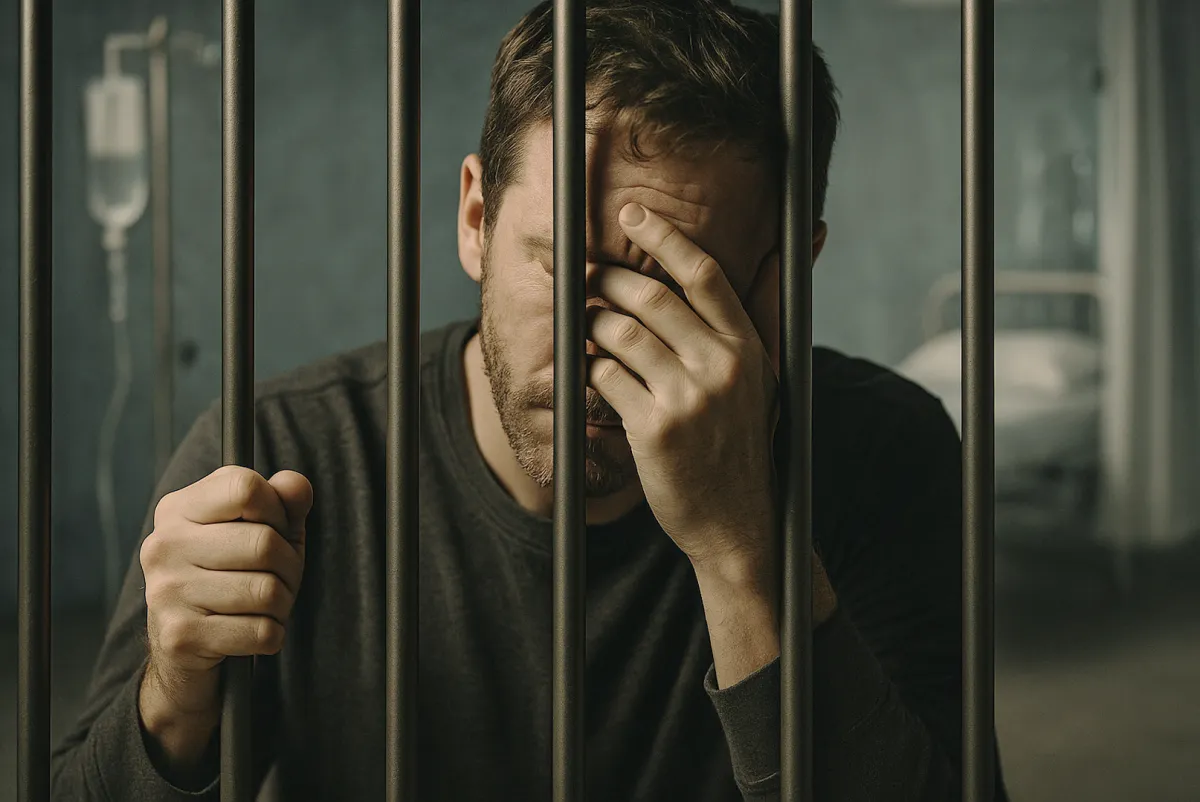
Why Ontario Should Resist

Why Ontario Should Resist Alberta’s Forced Recovery Model By Sean McBride
In Alberta, a new piece of legislation called the Compassionate Intervention Act has started to reshape the way people struggling with addiction are treated. On paper, it promises help. Families, police, or health workers can petition the courts to mandate treatment for individuals whose substance use is deemed life-threatening.
The message is clear. Accept treatment or face the consequences.
At first glance, that may sound like compassion. But scratch the surface and a troubling reality emerges. This isn’t just about offering care. It’s about removing choice.
The Harsh Reality of Forced Recovery
Addiction is not solved by locking someone away. And yet, that is the unspoken alternative. For those who refuse or resist treatment under the Act, the pathway could lead toward incarceration.
Here lies the first danger. What happens when someone experiencing severe drug dependence is placed in a jail cell instead of a treatment bed? Withdrawal from opioids, alcohol, or benzodiazepines is not only agonizing, it can be fatal without proper medical supervision. It can lead to several health problems and complications. Stroke, heart attack, seizures, and even death.
Correctional facilities are not designed to manage acute withdrawal. Too often, people are left to suffer through it, and the risk of death behind bars is not theoretical. It’s well documented and shows repeated failure of carceral systems across the globe.

Does It Even Work
There is little evidence that forced treatment leads to lasting recovery. In fact, research shows that outcomes from involuntary programs are often worse than doing nothing at all.
Relapse rates soar after compulsory treatment, especially when clients return to the same environment that fueled their addiction in the first place.
Mortality risk spikes when people leave treatment without long-term supports or harm reduction tools.
And most importantly, real recovery begins with willingness, not coercion.
What happens when we mistake control for compassion is that we risk pushing people further into the shadows, isolating them from the very systems that might otherwise have helped.
If It Can Happen in Alberta
For Ontarians, this should sound an alarm. Once a policy is trialed in one province, it sets precedent. It sparks conversations. And too often, it spreads. If Alberta is prepared to remove autonomy under the guise of compassion, what’s to stop Ontario from doing the same?
Ontario already faces an overdose crisis, one that shows no sign of slowing down. When the pressure to “do something” builds, governments may look to the most immediate, heavy-handed solutions. Even if those solutions lack compassion in practice. The answer to the opioid crisis and overdoses is not incarceration. It’s compassion, understanding, and medically and clinically proven directives.
The risk is that we trade evidence-based care for quick fixes, and in the process, we abandon those most in need of dignity and respect.
A Different Vision of Compassion
At Addiction Rehab Toronto, we know that healing cannot be forced. The most powerful transformations happen when someone chooses recovery for themselves. They need to want to change and put in the work. They need to be supported by family, guided by professionals, and held by the community.
True compassion means meeting people where they are. It means offering therapies like CBT and DBT to reshape destructive thought patterns. It means providing safe spaces, peer support, and long-term tools that actually save lives.
And it means resisting the temptation to confuse punishment with treatment.
The Call for Ontario
If Alberta’s path is any indication, Ontario must prepare for the conversation. But our province has the chance to lead differently. To choose voluntary, evidence-based, trauma-informed care over coercion. To prioritize dignity over control.
Because in the end, compassion without choice is not compassion at all.